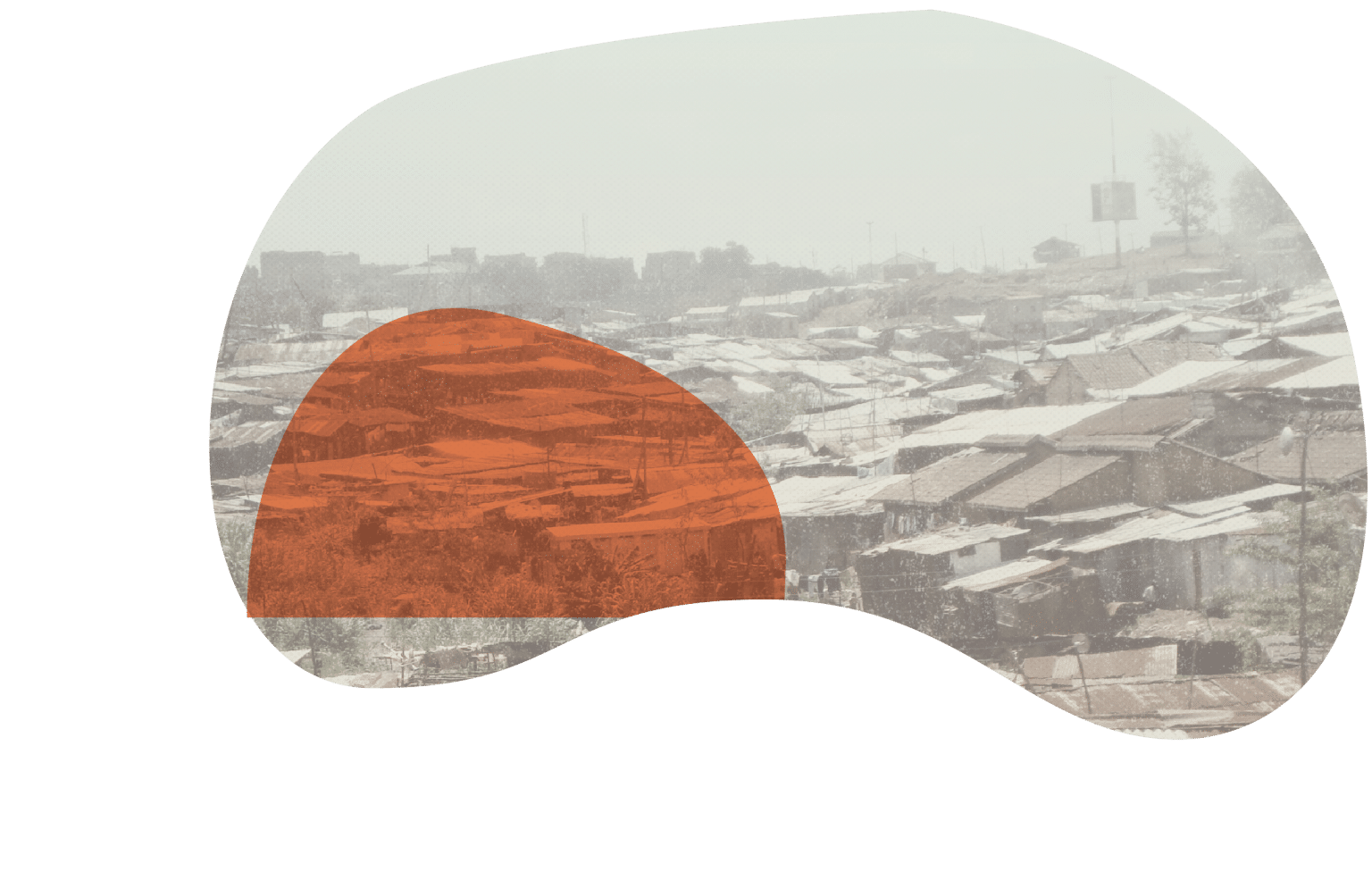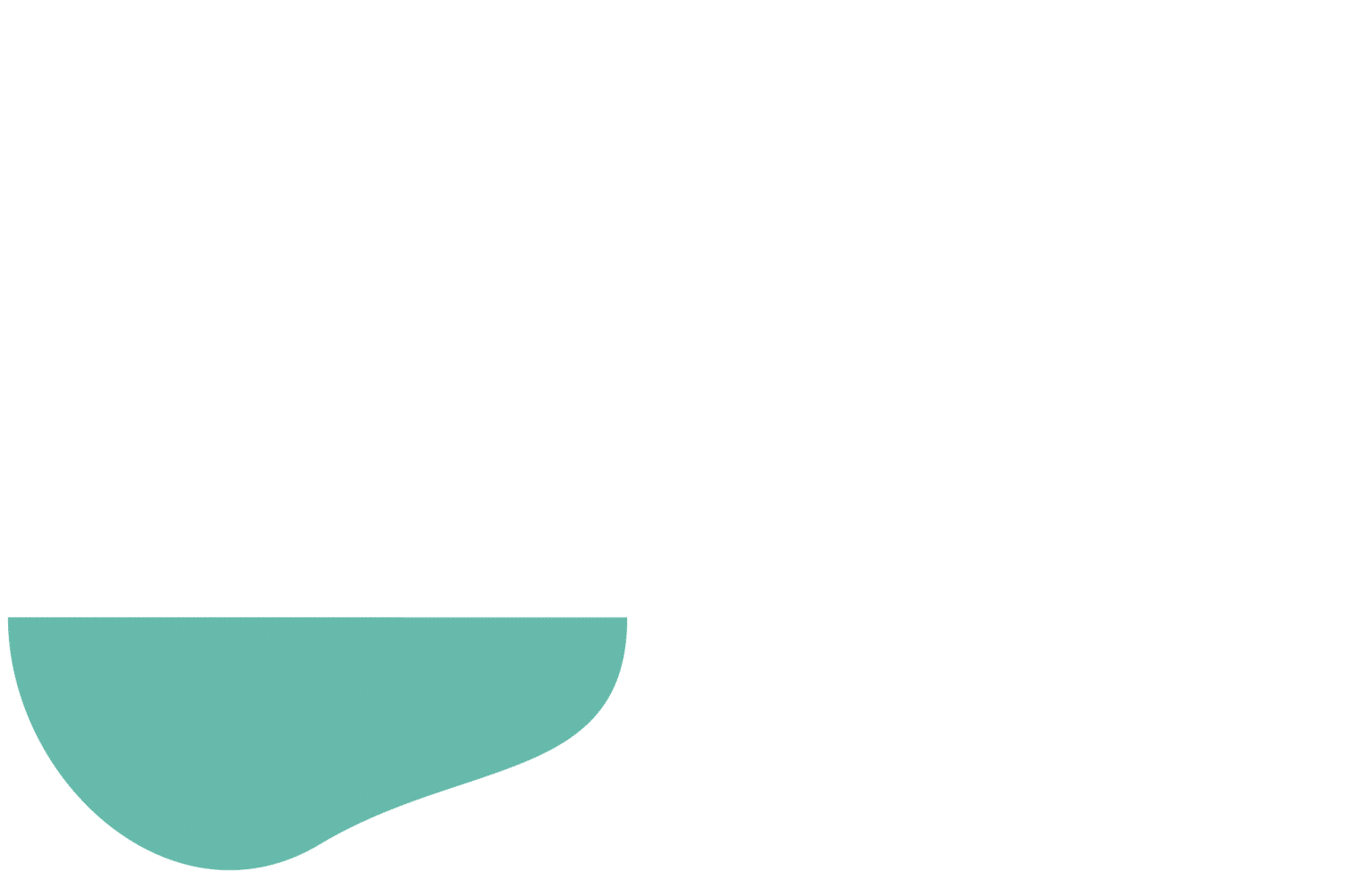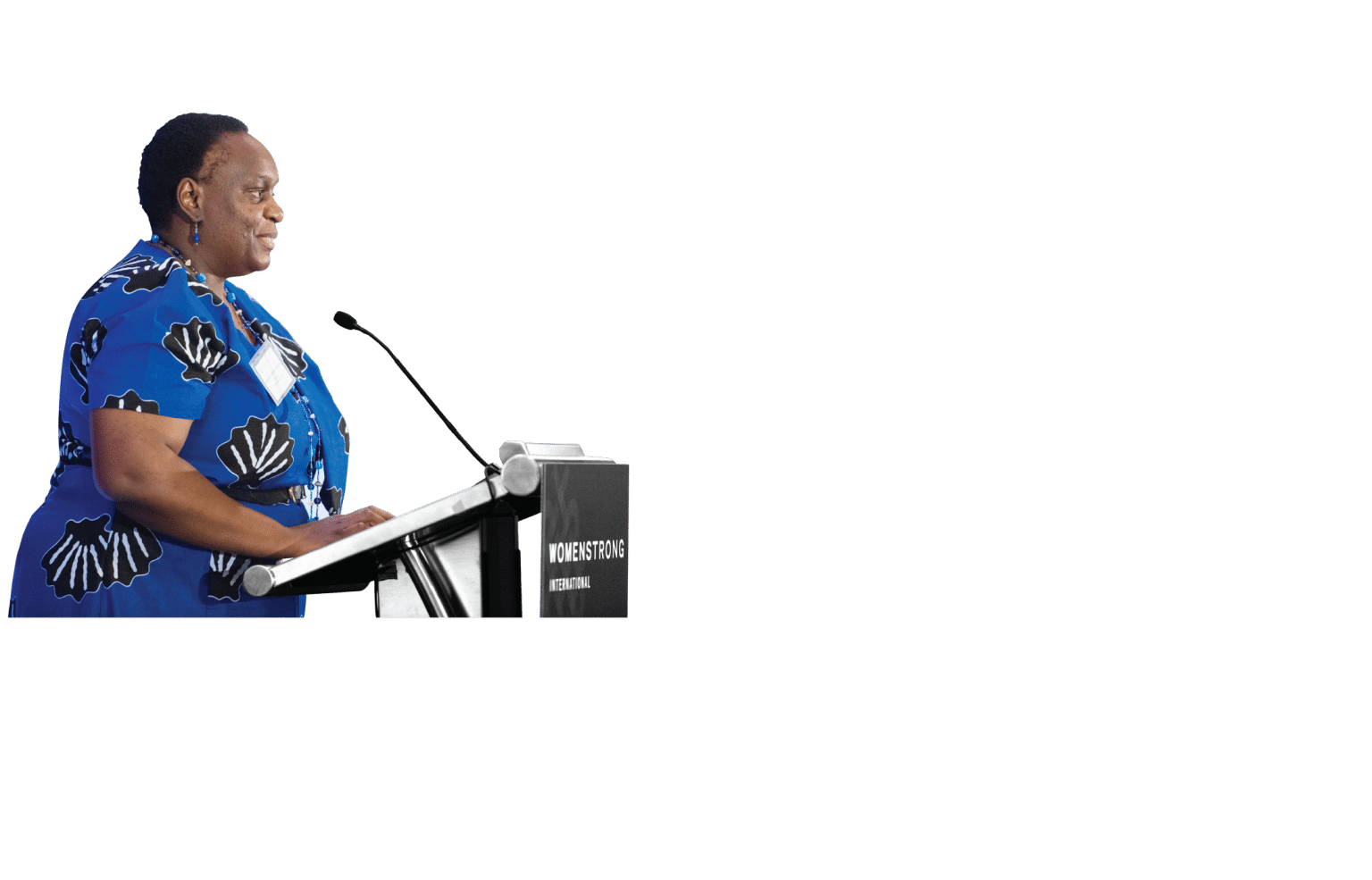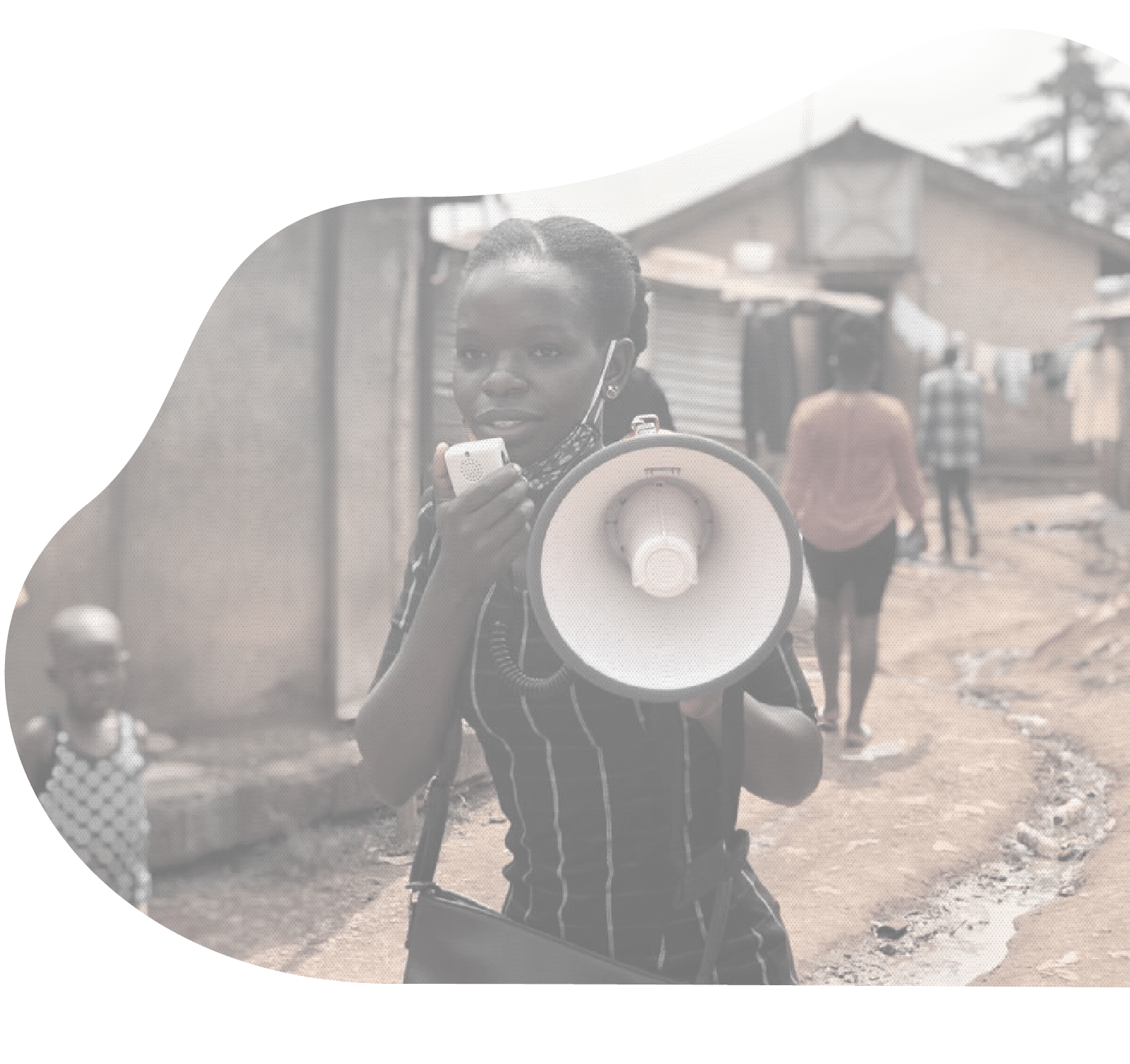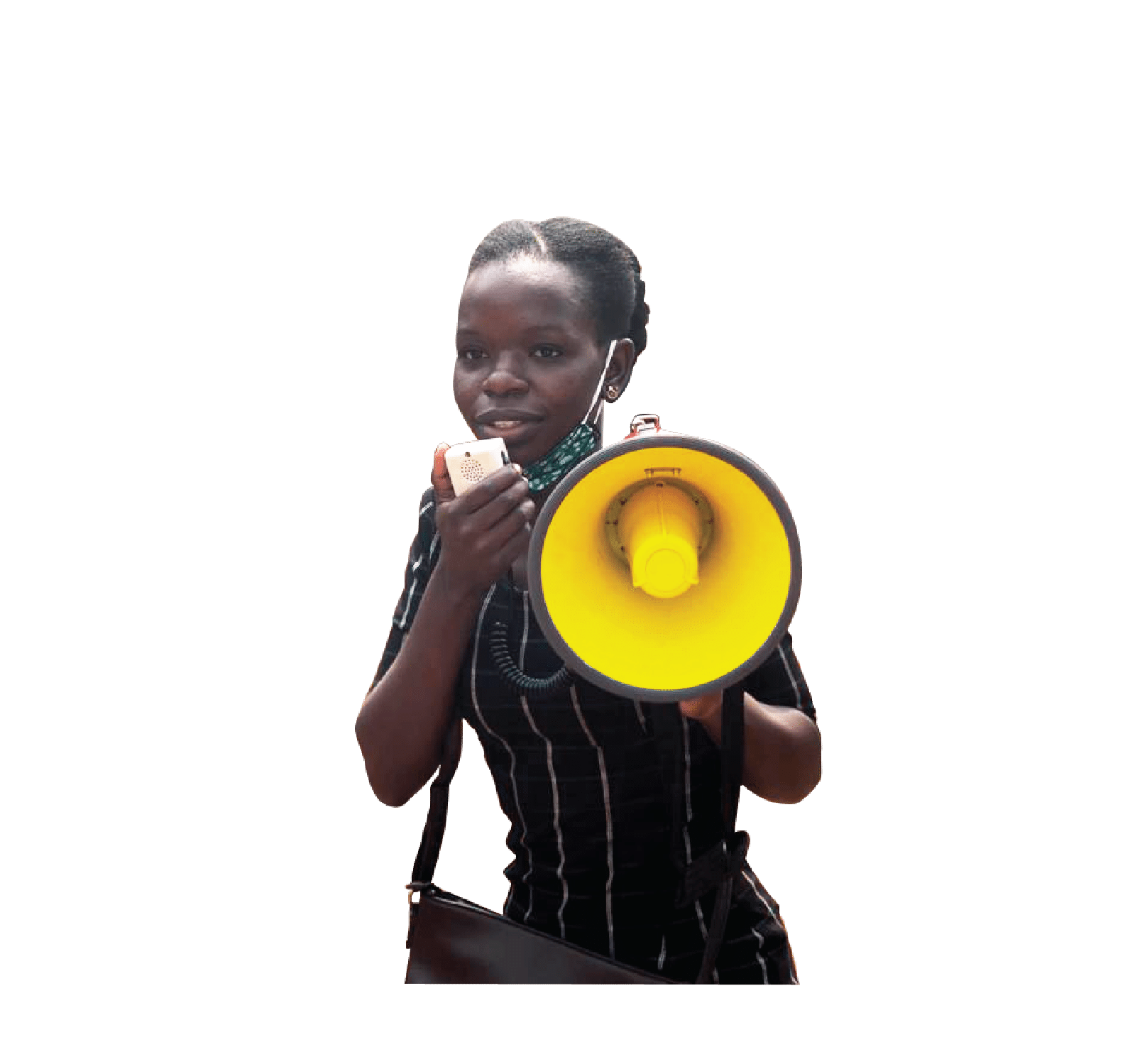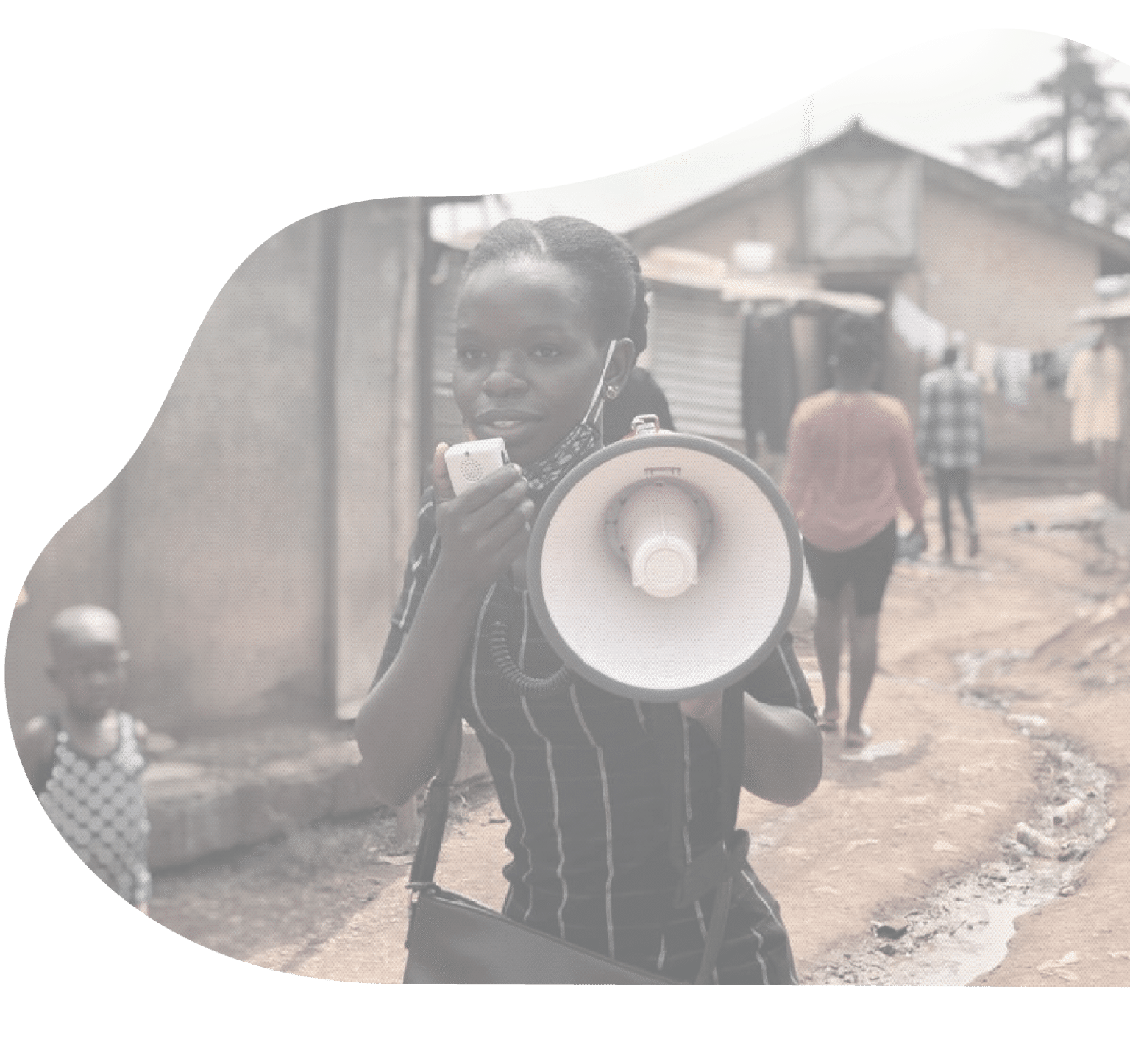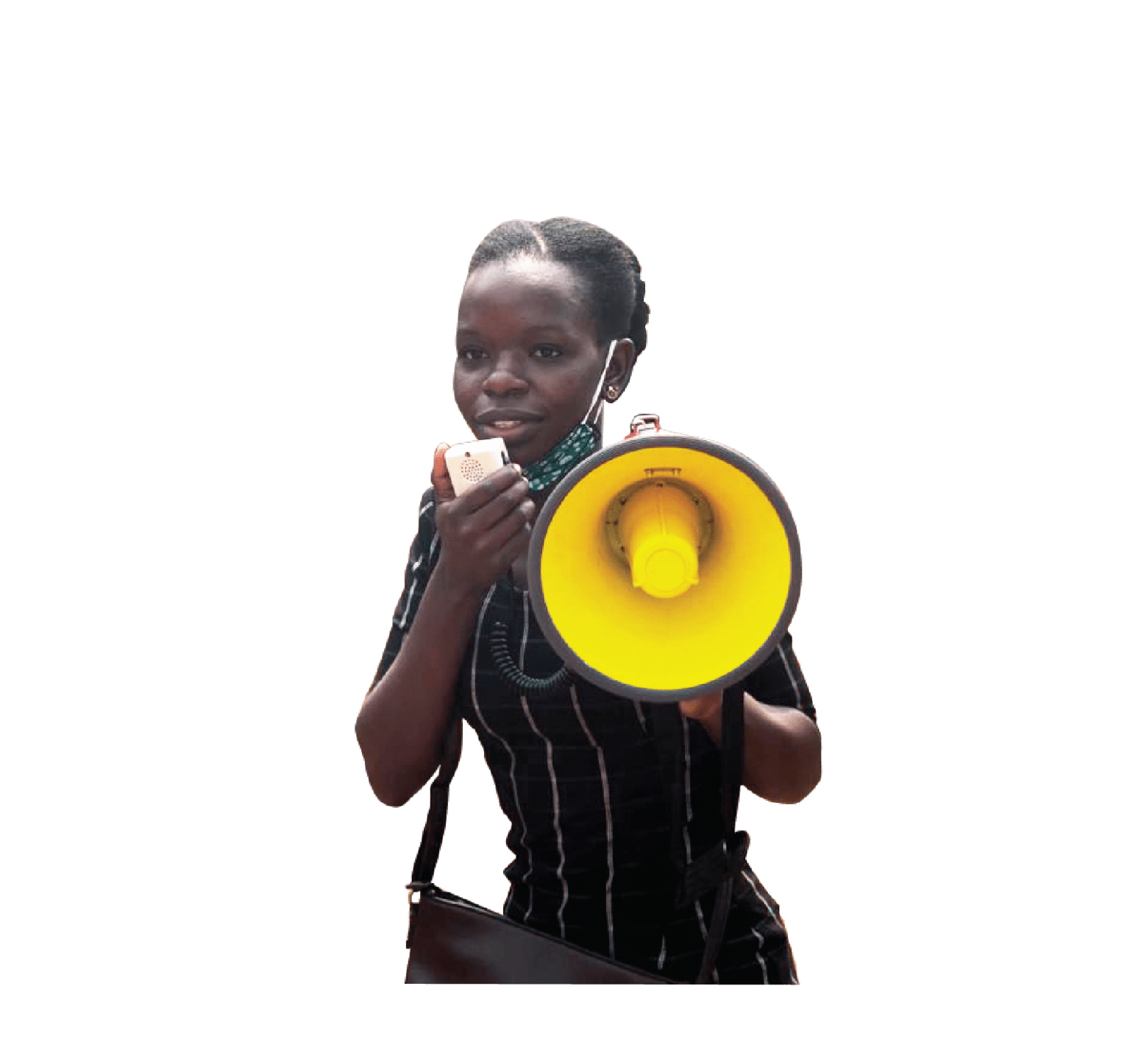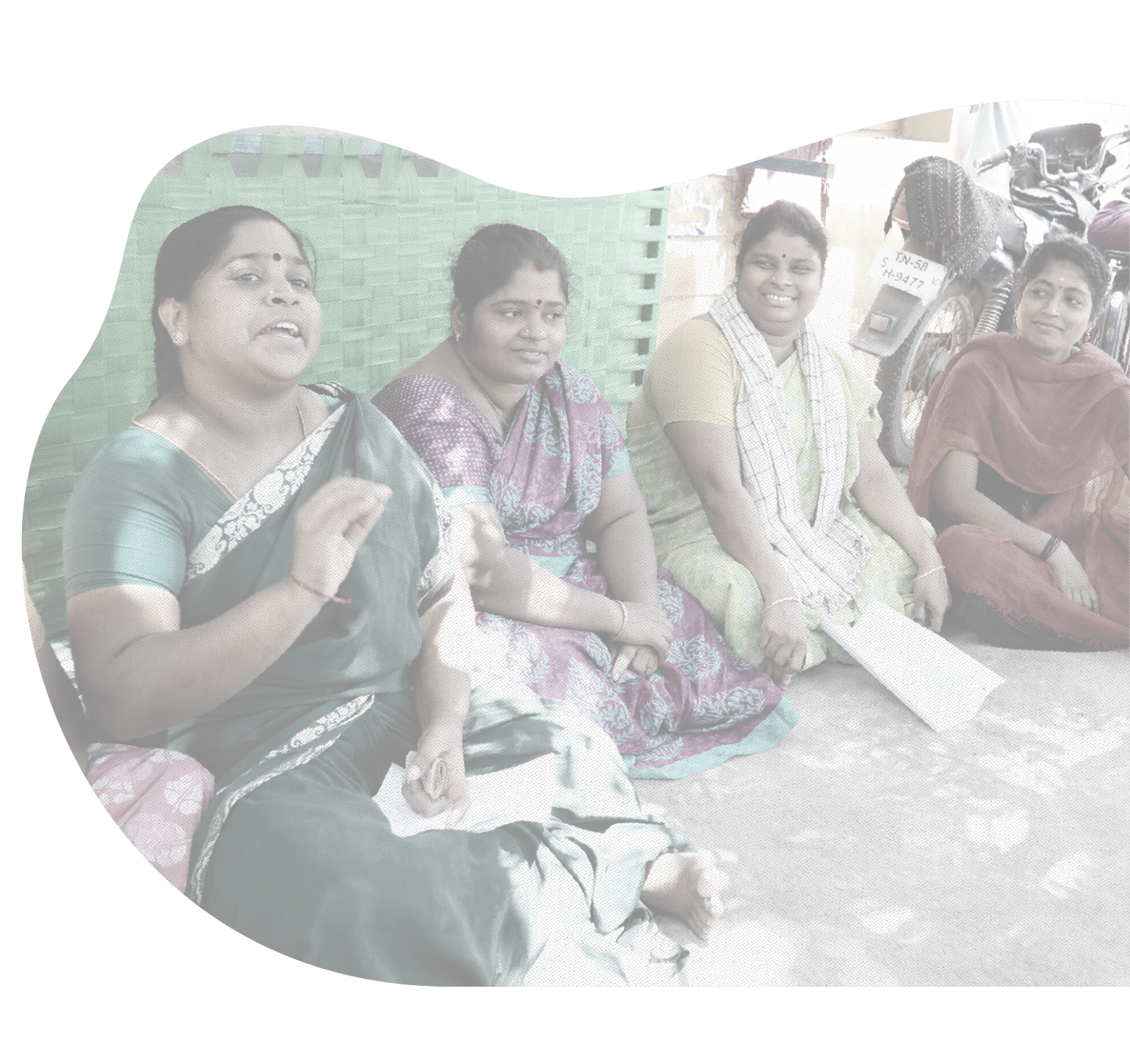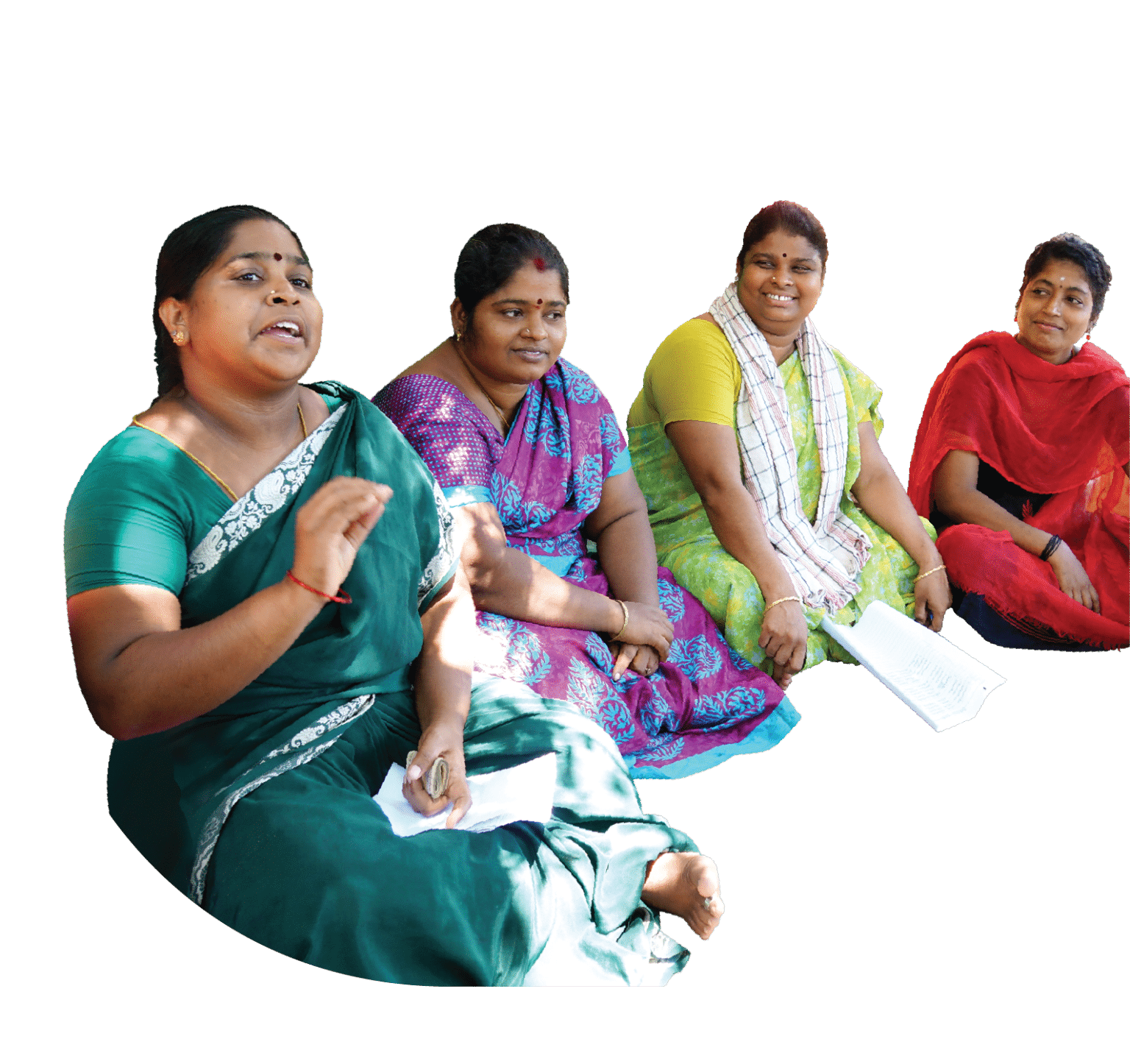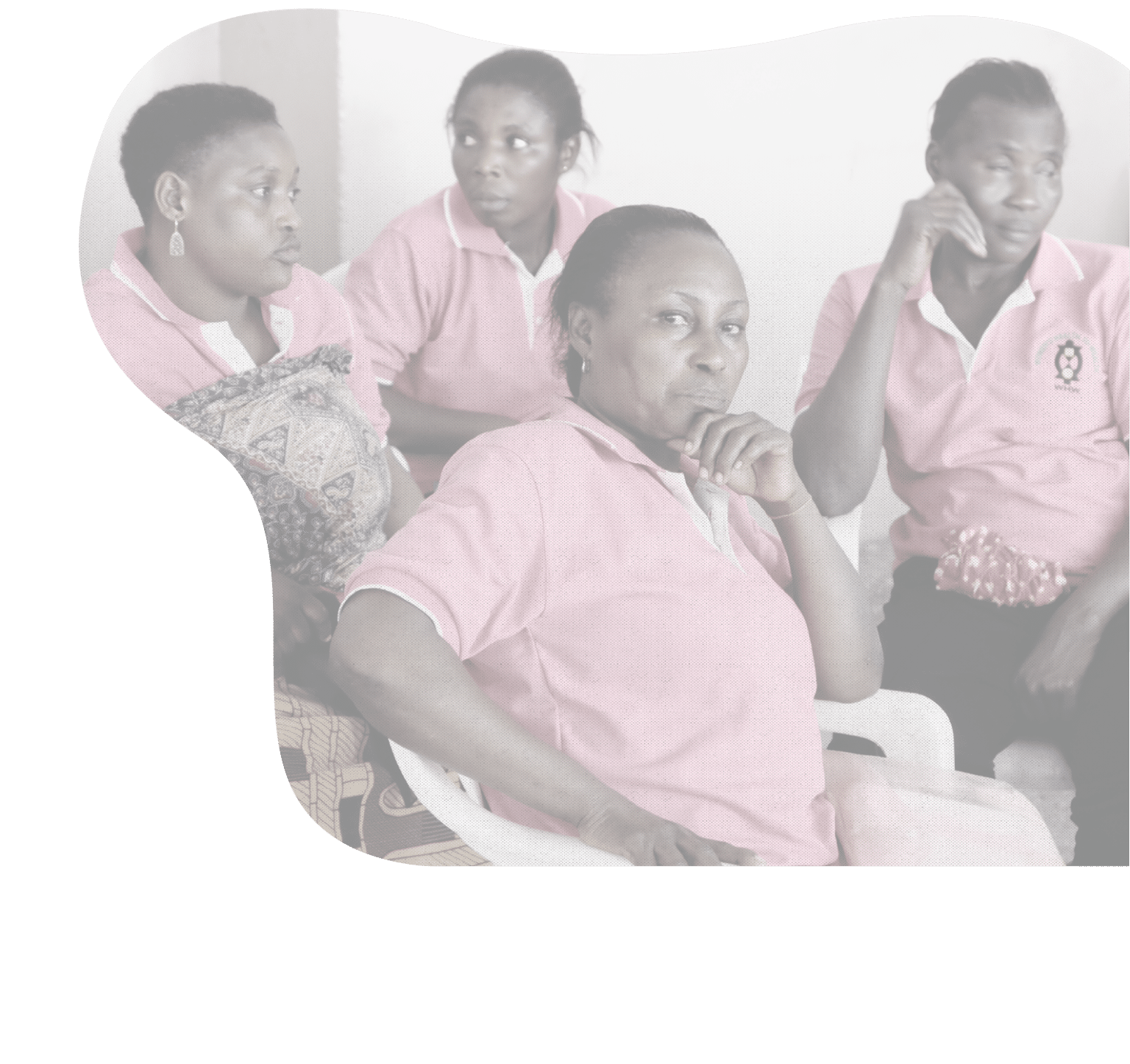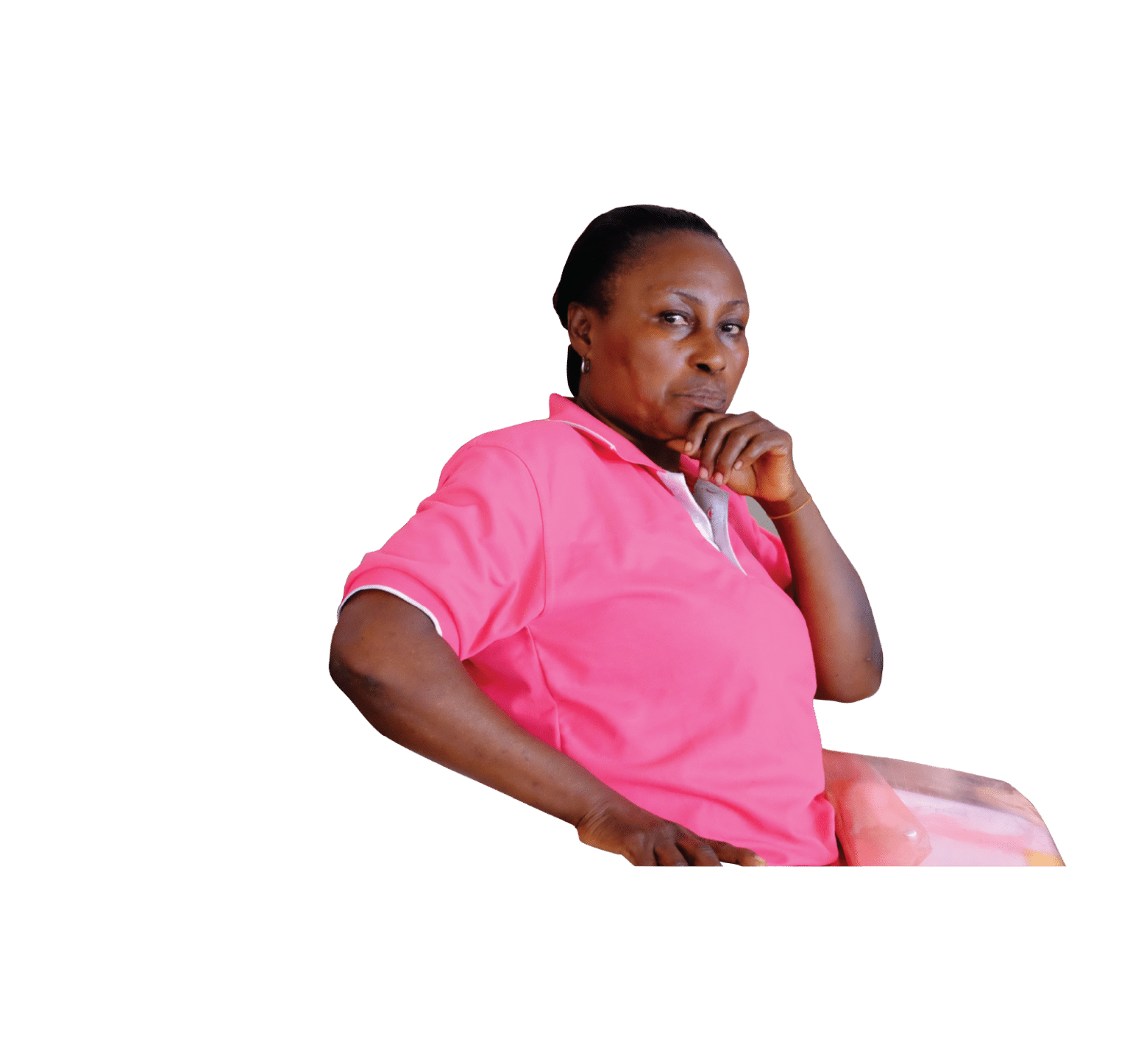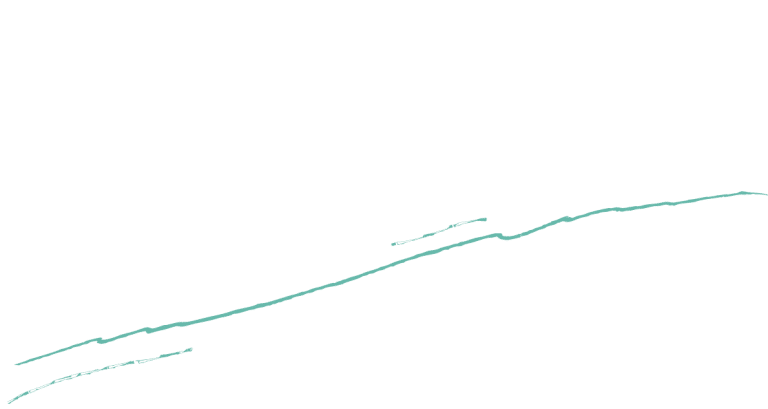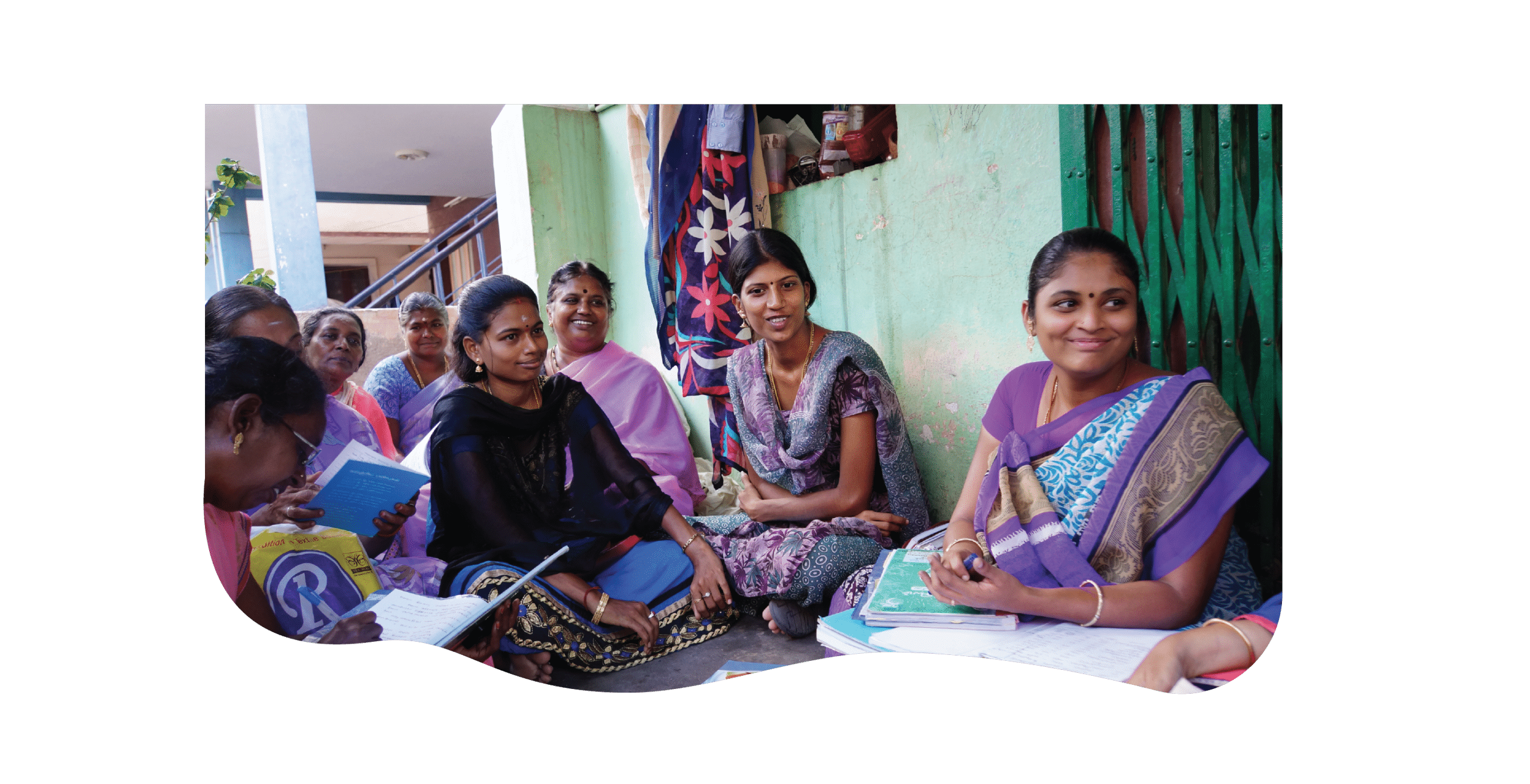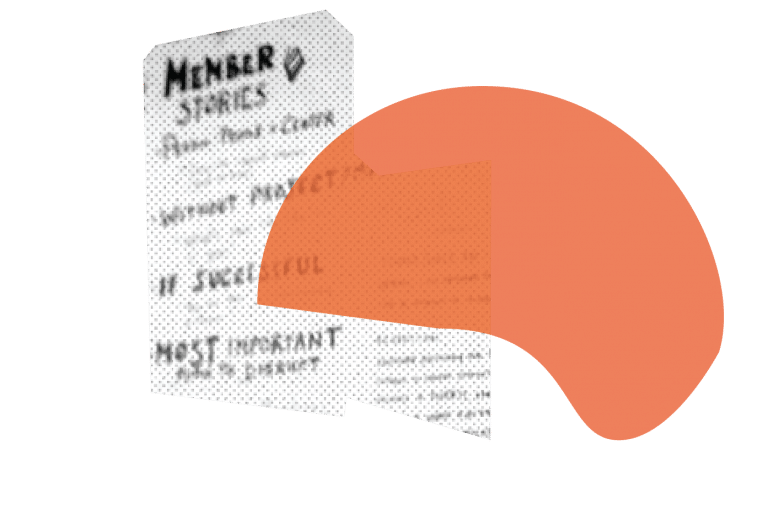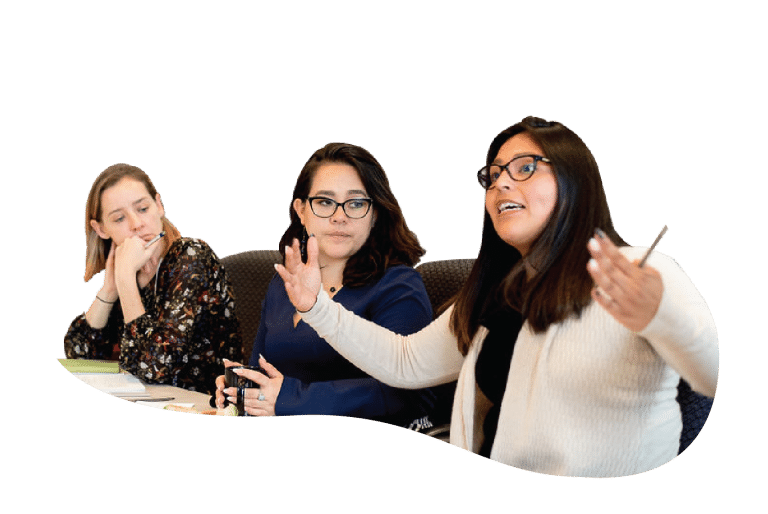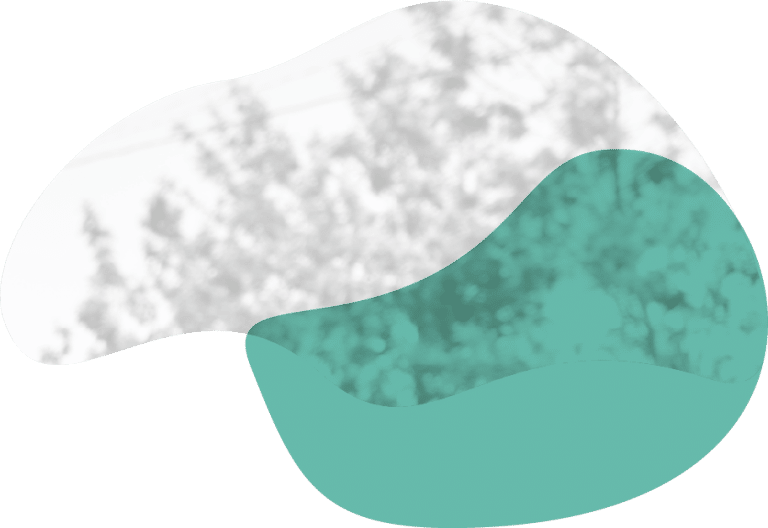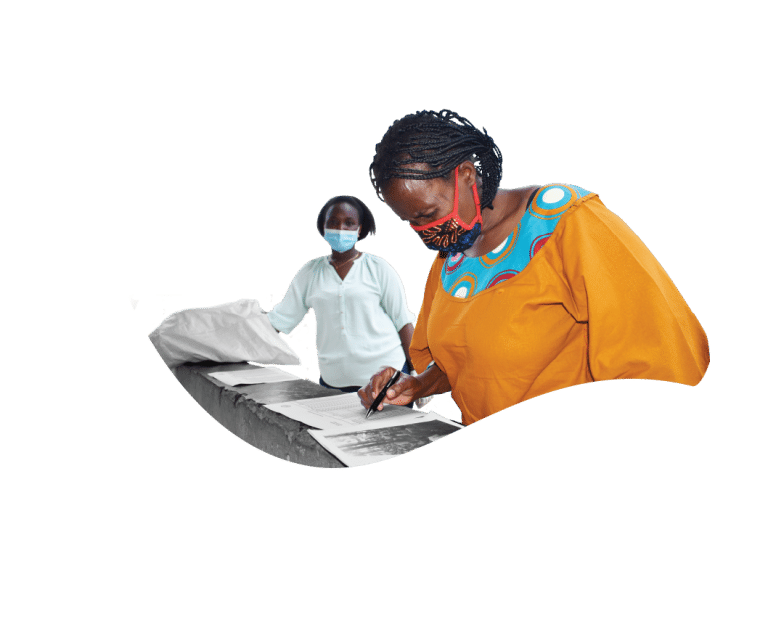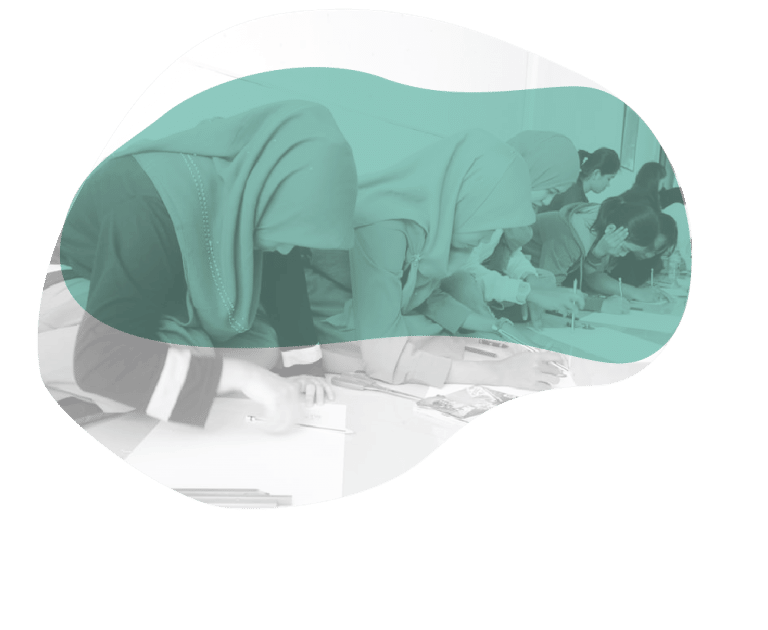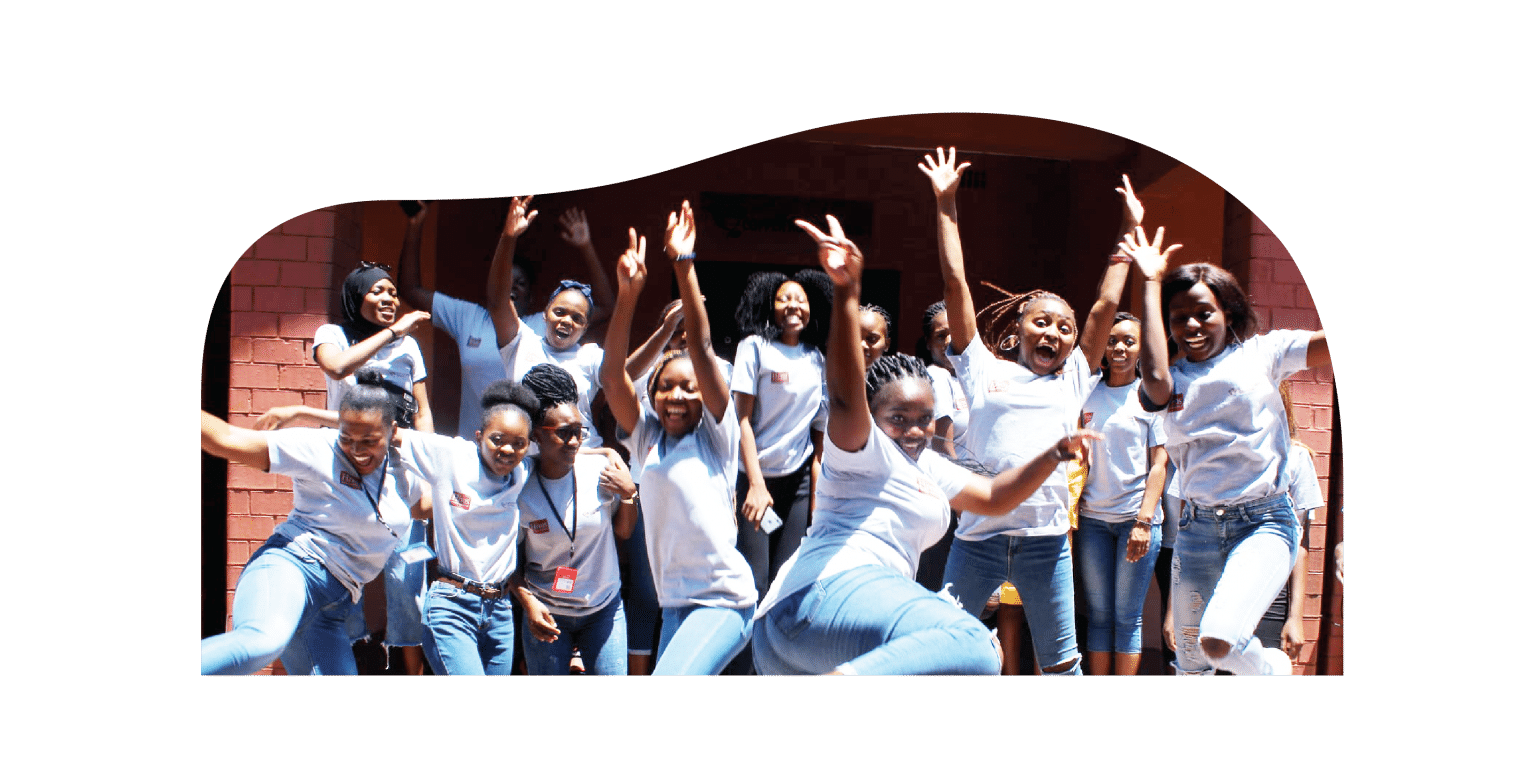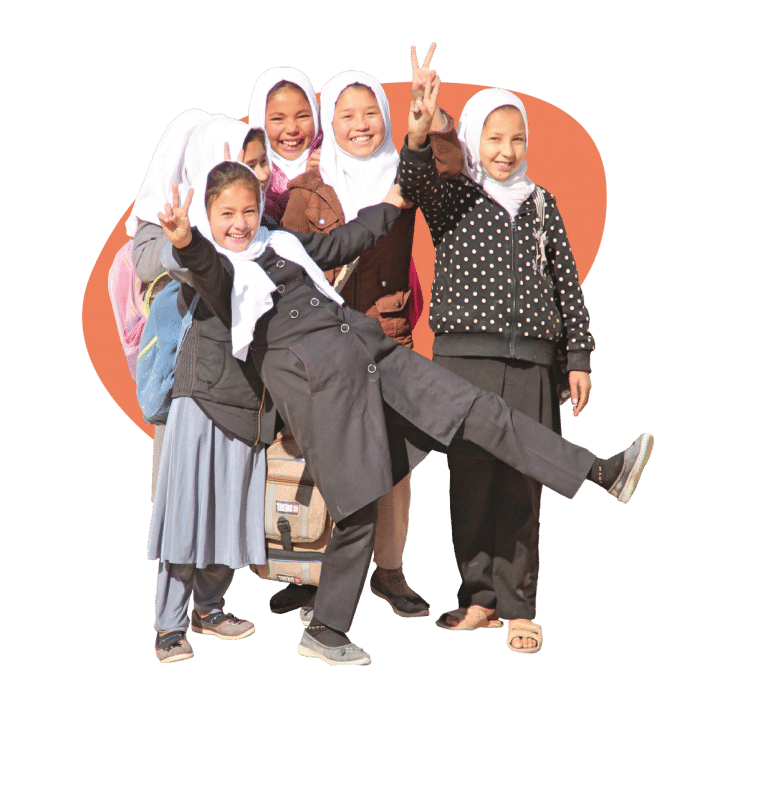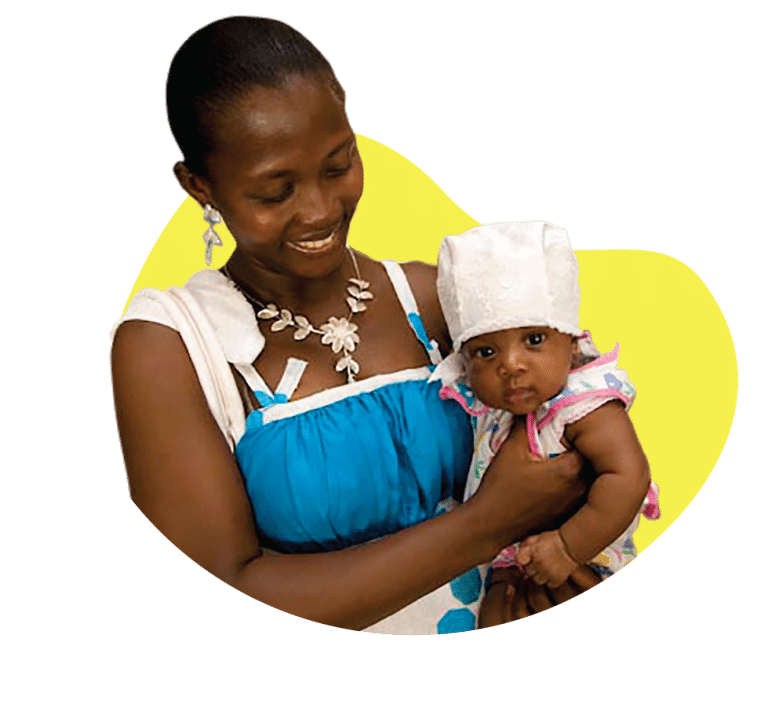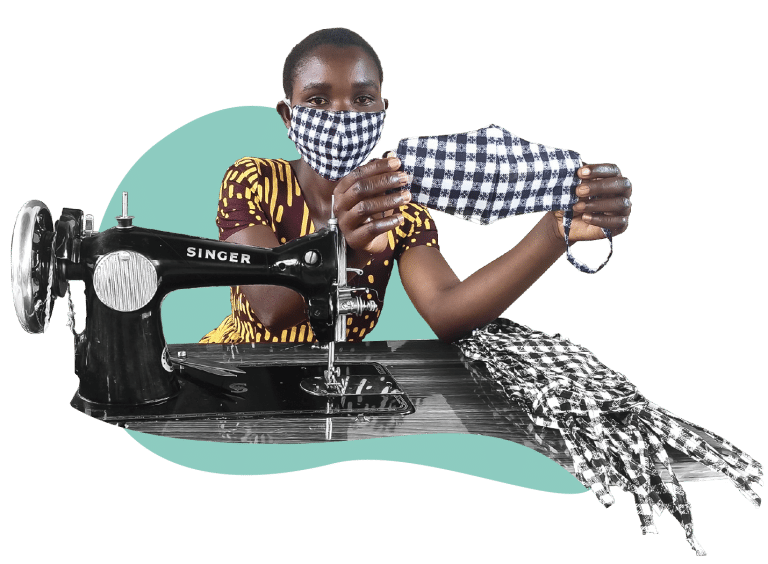WomenStrong International’s approach is grounded in the belief that women’s organizations understand the issues facing women and girls in urban communities and know how to tackle them. What’s often missing are the resources, technical support, and networks needed for these organizations to achieve their goals and to amplify their solutions for greater impact.
That’s why we fund local women-led organizations eager to strengthen their effectiveness, come together in a Learning Lab, and share their promising solutions with a broader community of organizations dedicated to advancing the rights and wellbeing of women and girls.
How are we doing?
In a recent external evaluation, our partners reported that:
1.
WomenStrong is finding the right organizations, building a network primed for collaboration and peer learning.
WomenStrong today consists of 19 women-led organizations working in their communities in 17 countries to strengthen girls’ education, women’s health, economic security, and to prevent violence against women and girls. Each wants to improve its effectiveness, and each is eager to participate in our Learning Lab, where they have exhibited clear synergies in their values, scope, and approach.
The result?
Our new partners have recognized the commonalities in their work and are eager to learn from each other.
We wanted to see how other similar-sized organizations in some other countries are working. And the WomenStrong team has been the one [that] has connected us with organizations in Uganda, for example, or the Philippines.…And I got a lot of great ideas.
— Women’s Justice Initiative, Guatemala
2.
Our flexible funding approach is removing barriers and creating trusted relationships that strengthen our grantees’ ability to take risks.
Since our founding, WomenStrong has placed trust in our partners, who are well-positioned to understand the needs of the girls and women in their communities. The COVID pandemic accelerated our adoption of a flexible, trust-based funding model, to enable partners to meet the needs of their staff and program participants swiftly and as needed.
When the pandemic struck, we relaxed our grantmaking and reporting requirements, enabling our partners to use WomenStrong funds freely. We asked our partners only to tell us what they needed from us, so that we might respond usefully; and to share what they learned, so that others might learn from them.
The result?
We’ve earned our partners’ trust. They’ve told us they feel comfortable discussing their challenges, seeking technical assistance, and taking risks.
From the very beginning, we felt WomenStrong’s approach was different. The word I would use would be: Trust. Trust that we are the experts in our field and in our community.
— Girl Up Initiative Uganda
Every step of the way, I’ve noticed that WomenStrong, they’re with you, they’re interested in, yes, the grantmaking, yes, your proposal, but also helping you grow and helping you achieve your goals.
— Mujeres Aliadas, Mexico
3.
Our approach to organizational strengthening is showing results.
We launched our expanded Learning Lab model in August 2019, with six partner organizations working on Girls’ Education and Empowerment. In March 2020, we added 13 partners focused on Women’s Health and Violence Against Women and Girls.
Although COVID-19 compelled us to meet virtually, we nevertheless offered technical assistance on partners’ topics of interest, from strengthening their evaluation systems to tips on effective messaging on engaging men and boys to stop violence against women and girls. Partners shared solutions with one another, including on how to reach their vulnerable women and girls with vital public health information and protection.
The result?
Despite the programming shifts, our Learning Lab partners began to acquire new skills and apply their learnings to their work.
WomenStrong organized a webinar on COVID and we attended, and we were able to learn a lot of things, which we implemented. From that forum, we learned that [in Uganda] they were still meeting in small circles…and talking with the girls over phone over the psychological trauma. So we saw a grant here in Malawi to support girls during COVID, and we used that idea to say that GENET wanted to be providing counseling support and support via phone to girls.
— GENET Malawi
On the basis of of our success-to-date, as stated above, we have now added new partner organizations, based in India, Bangladesh, Uganda, and El Salvador, focusing on building women’s economic security.
4.
Opportunities to share promising solutions, though more limited, are happening.
Central to WomenStrong’s model is sharing our partners’ solutions with a broader community of organizations working with women and girls. That’s why we’ve amplified our partners’ voices and recommendations through reports, media coverage, social media, and public presentations.
In the past year, we have secured opportunities for our partners to speak at USAID and World Bank events, notably including Roots of Health of the Philippines’ lifesaving methodology in shaping local disaster response plans; two brilliant virtual dialogues focused on stopping violence against women and girls, one co-led by our partners in Peru, Mexico, and Guatemala, another organized by the World Bank and featuring our Kenya, Rwanda, and Mexican partners; and two in-person presentations at Women Deliver 2023 in Kigali, Rwanda, featuring our Peruvian, Guatemalan, and Rwandan partners. We have also supported partners’ engagement at Opportunity Collaboration, the UN’s Transforming Education Summit, and Commission on the Status of Women.
The Result?
WomenStrong’s partners have spoken before hundreds of other women’s organizations, educators, health workers, and development experts, offering their proven strategies for meeting the needs of women and girls. Their technical recommendations have reached hundreds more, through our publications and their own learning products. Via mainstream and social media, we’ve helped them reach tens of thousands of practitioners who can benefit from our partners’ experience to further progress for girls and women in urban communities across the globe.
Whether it’s highlighting us or others in op-eds, or in reports, it really feels like not only are they funding our projects, they’re also really interested in increasing our visibility.
— Women’s Justice Initiative
